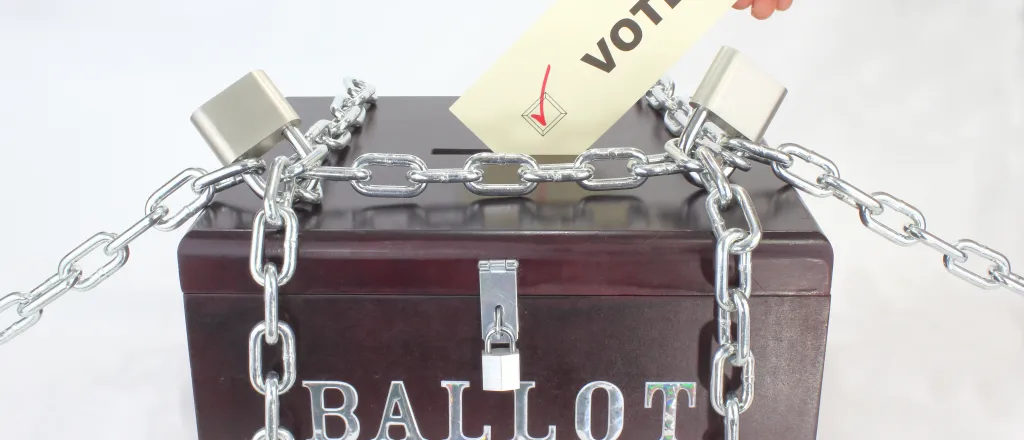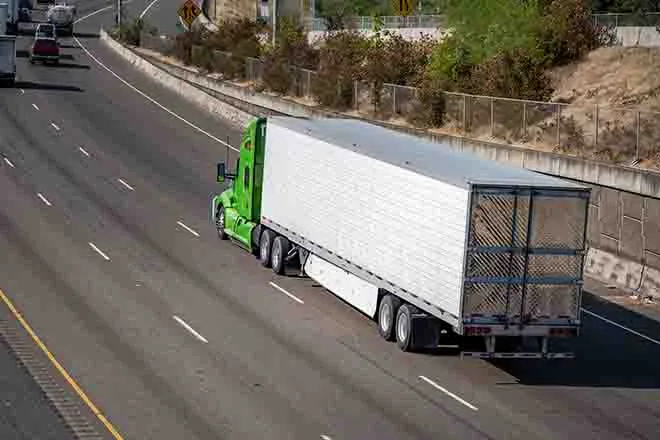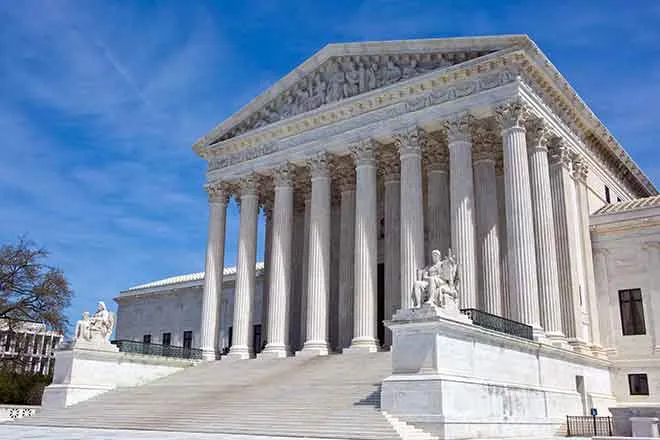
Texas lawmakers consider bills to restrict, expand voting in 2023 session
(Texas News Service) By nearly every measure, voter fraud in U.S. elections is rare, but that isn't stopping the Texas Legislature from considering dozens of bills this session, some of which a voter rights group calls "extreme."
The Texas Republican Party has made election security one of its legislative priorities this year, with bills introduced to further restrict access to the ballot box. In contrast, Democrats are pushing legislation to expand voting access.
Texas ACLU senior attorney Matt Simpson said he believes some of the bills, including one to change the penalty for illegal voting from a misdemeanor to a felony, will create fear and intimidate people at the polls.
"If you take a step back, and you try to identify where the election fraud is that's being targeted - all of these proposals, more or less, amount to solutions in search of a problem," he said, "and Texas hasn't really had an election-fraud problem."
Following the defeat of Donald Trump by President Joe Biden in 2020, Texas' GOP-dominated Legislature approved multiple new voting restrictions including rules for voting by mail, a prohibition on drive-through and 24-hour voting, and a reduction in local initiatives meant to make it easier to vote.
One Republican proposal would create a new law-enforcement unit to prosecute election crimes, modeled after a law authorized by Florida's Republican governor. The Texas unit, to be led by state "election marshals," would prosecute election and voting crimes.
Simpson, who has monitored actions at the Capitol since 2009, isn't convinced it's needed.
"There's, like, a very small segment of Republican voters that that's a priority for," he said, "and yet we're seeing just this large number of proposals - a lot of conversation about it - and I just wonder where the mismatch is."
A 359-page audit of the 2020 election was released by the Texas secretary of state's office. It reviewed the two largest Democratic counties and two largest Republican ones and found some "irregularities," but concluded they were largely related to holding an election during a pandemic.
















